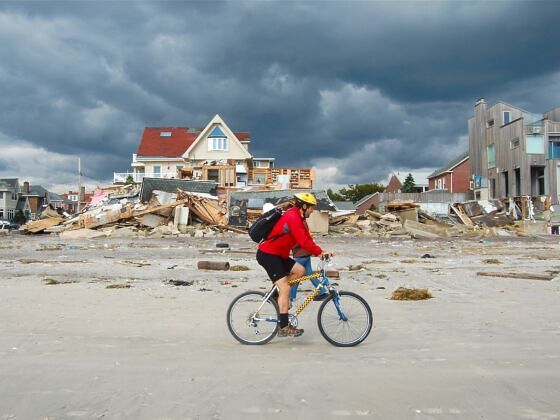WHEN THE TWIN TOWERS COLLAPSED, my father was sitting on his bed in the Conrad Hotel, Hong Kong, watching the news in horror.
I was safe and cozy in my morning art class, during my very first week of high school at my new school on the Upper East Side. My sister was standing in front of the floor-to-ceiling windows of her own high school’s library — four short blocks from the World Trade Center — watching in shock as the towers erupted before her.
